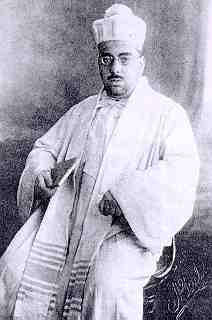The dramatic changes in the composition, transmission and reception of the Judeo-Spanish song in the twentieth century led to its transformation into a transnational genre of popular music. The traditional song in Ladino became a "commodity". The demand for the traditional song as an object of entertainment, rather than as component of a specific ritual, created a new situation whereas men "appropriated", or more accurately "exploited", women’s song for commercial profit. The songs were performed by professional Jewish male singers who appeared in new contexts, particularly the entertainment stage (such as the Turkish gazino). Since the early twentieth century, the phonographs produced by the European recording companies in the Eastern Mediterranean opened a new market for the song in Ladino. Sephardi male singers, such as Isaac Algazi and Haim Efendi, started to record songs from the women’s repertoire, besides liturgical pieces from the masculine sphere.
Men’s "appropriation" of women’s repertoires is not a new phenomenon among Sephardi Jews. As early as the sixteenth century, collections of Hebrew sacred hymns included quotations of first lines of songs in Judeo-Spanish from the women’s repertoire as indications for the use of their melodies as contrafacta in the singing of religious poetry (for approaches to this phenomenon see Cohen 1990; Seroussi and Weich Shahak 1990-1). The extent of the contrafactum phenomenon among Sephardi Jews is a definitive proof that:
Against these "traditional" modes of male appropriation, one finds in the twentieth century the reverse process, i.e. the appropriation of masculine repertoires by female singers. Sephardi women sing today tangos and fox-trots as an integral part of their "traditional" repertoire. These songs permeated their repertoire with their exposure to the phonograph and the radio in the early twentieth century (Seroussi 1990). The expansion of the women’s repertoire by adopting songs from male repertoires probably existed before the eruption of the mass media. However, it was intensified in our century, with the creation of an open musical space of mediated popular music which is shared by members of both sexes.
|
